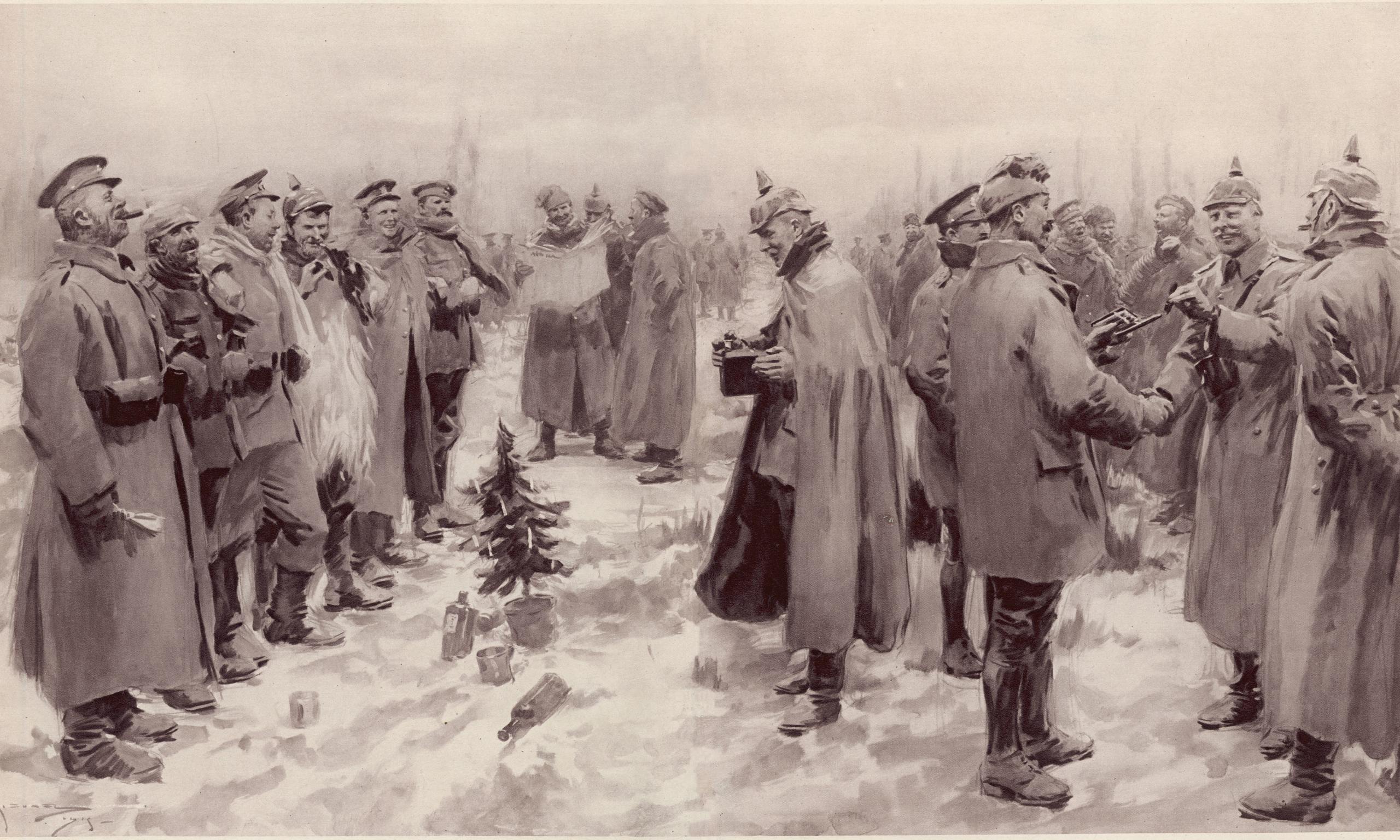On Charlie Hebdo
First, a note: I am going to express some opinions which are not verbatim that 'the Charlie Hebdo cartoonists killed were perfect heroes in every way and deserve unblemished honor for their sacrifices in the name of liberty'. Of course, I definitely do not mean to in any way excuse, condone, or rationalize the attacks of terror perpetrated against them. If you find yourself believing that I do, it's almost certainly because I'm failing at communication, and I beg of you a little charity. The attacks were contemptible, cowardly, and could in no way be justified by anything. But let's talk for just a moment about Qui, précisément, est Charlie, and who we are, discussing it all from a distance.
It takes a certain amount of courage to, in a post-Jyllands-Posten-incident world, remain committed to printing images of Muhammad in the name of satire. But discretion is the better part of valor, and in discretion, it has been said that Charlie was, perhaps, lacking. Slate | Charlie Hebdo is heroic and racist. We should embrace and condemn it.:
[T]heir work featuring Mohammed could be [called] sophomoric and racist. Not all of it; a cover image of the prophet about to be beheaded by a witless ISIS thug was trenchant commentary on how little Islamic radicalism has to do with the religion itself. But often, the cartoonists simply rendered Islam's founder as a hook-nosed wretch straight out of Edward Said's nightmares, seemingly for no purpose beyond antagonizing Muslims who, rightly or wrongly, believe that depicting Mohammed at all is blasphemous.
This, in a country where Muslims are a poor and harassed minority, maligned by a growing nationalist movement that has








